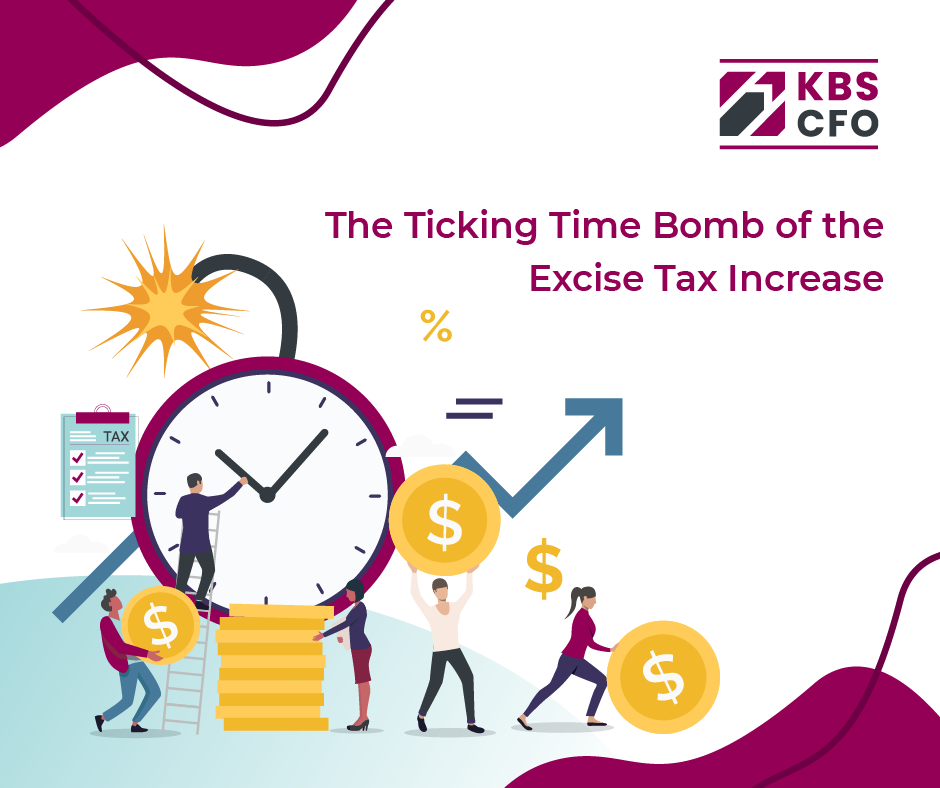Blog

The Ticking Time Bomb of the Excise Tax Increase
As a distillery owner, you are probably well aware of the prospect of an increase in the excise tax for distilled spirits was hanging over the industry’s head till about two years ago. In December 2017, Congress passed a bill that included a provision to temporarily lower the federal excise tax (FET) on spirits. Distillers were to pay $2.70 per proof gallon (PG) on the first 100,000 PG.
This reduction was initially set to expire in December 2019; however, it was renewed for another year to expire in December 2020. Once it expired, craft distillers would have faced a 400% increase in FET to $13.50 per proof gallon. This uncertainty put craft distilleries in a difficult position—unable to plan for the future.
However, the signing of the Craft Beverage Modernization and Tax Reform Act (CBMTRA) in December 2020 made the FET reduction permanent. Oh, how relieved this must have made craft distillers feel! Such relief would have remained a dream had it not been for the efforts of distillers and members of the American Craft Spirits Association (ACSA), who kept making calls to their senators and congressional representatives, letting them know how the FET increase would affect their business.
The period of wait could have been likened to that of a protagonist in a series waiting to defeat or be defeated by the villain. Craft distilleries would have benefitted from communicating with a CFO regarding the best choices for their financial future. For one, making more products while the FET was subsidized to avoid paying higher rates seemed an attractive solution. Sadly, this could not have been feasible for all companies. There was also the possibility of having excess stocks that they would have been unable to sell without some sale incentives.
The Coronavirus Aid, Relief, and Economic Security (CARES) Act that Congress passed in March 2020 allowed distilleries to delay payment of FET by 90 days. Hence, you could bottle spirits in November and December and delay paying the taxes until February or March 2021—by which time you would hopefully have sold those bottles. In essence, you would be borrowing against your future taxes. This provided additional support while it lasted, as all provisions of the act ceased on March 27, 2022. With the FET being made permanent, distilleries can produce at a pace that supports their growth plans. They can also continue to allocate the extra money for purchasing new machinery, employee training, and other endeavors.
The stability that the permanency of the FET tiered tax offers is beneficial for distilleries and allied industries like agriculture and hospitality. However, this is not a blanket result for other factors that must be considered when making informed financial decisions. Hence, a fractional CFO remains an essential ingredient in your distillery’s success formula. Get the help you need to make the best of the FET reduction and position your business for success and profitability. Get in touch with us at KBS CFO to get started today!
